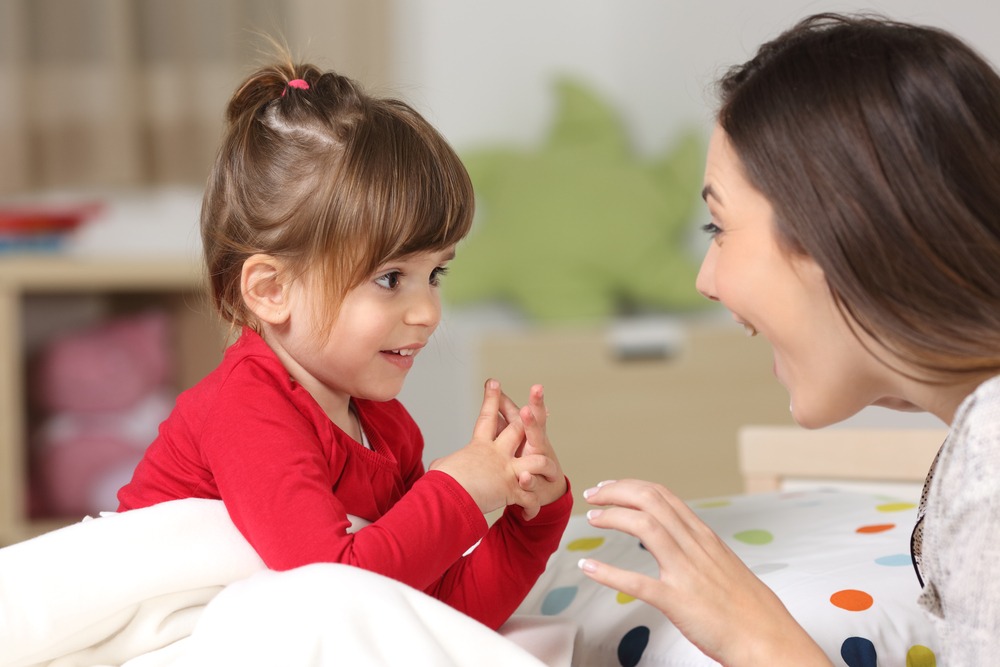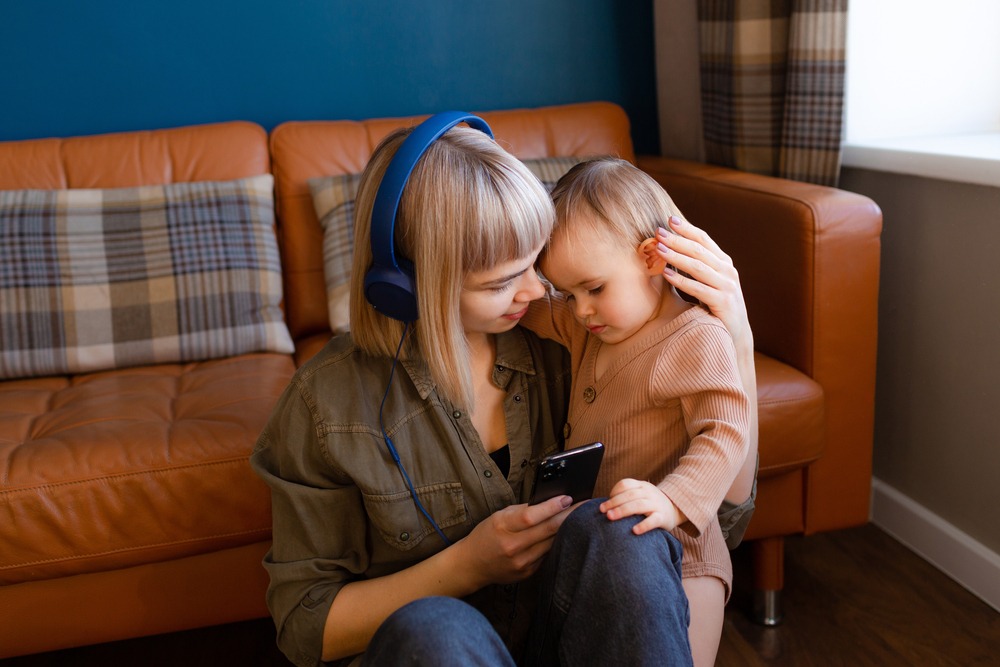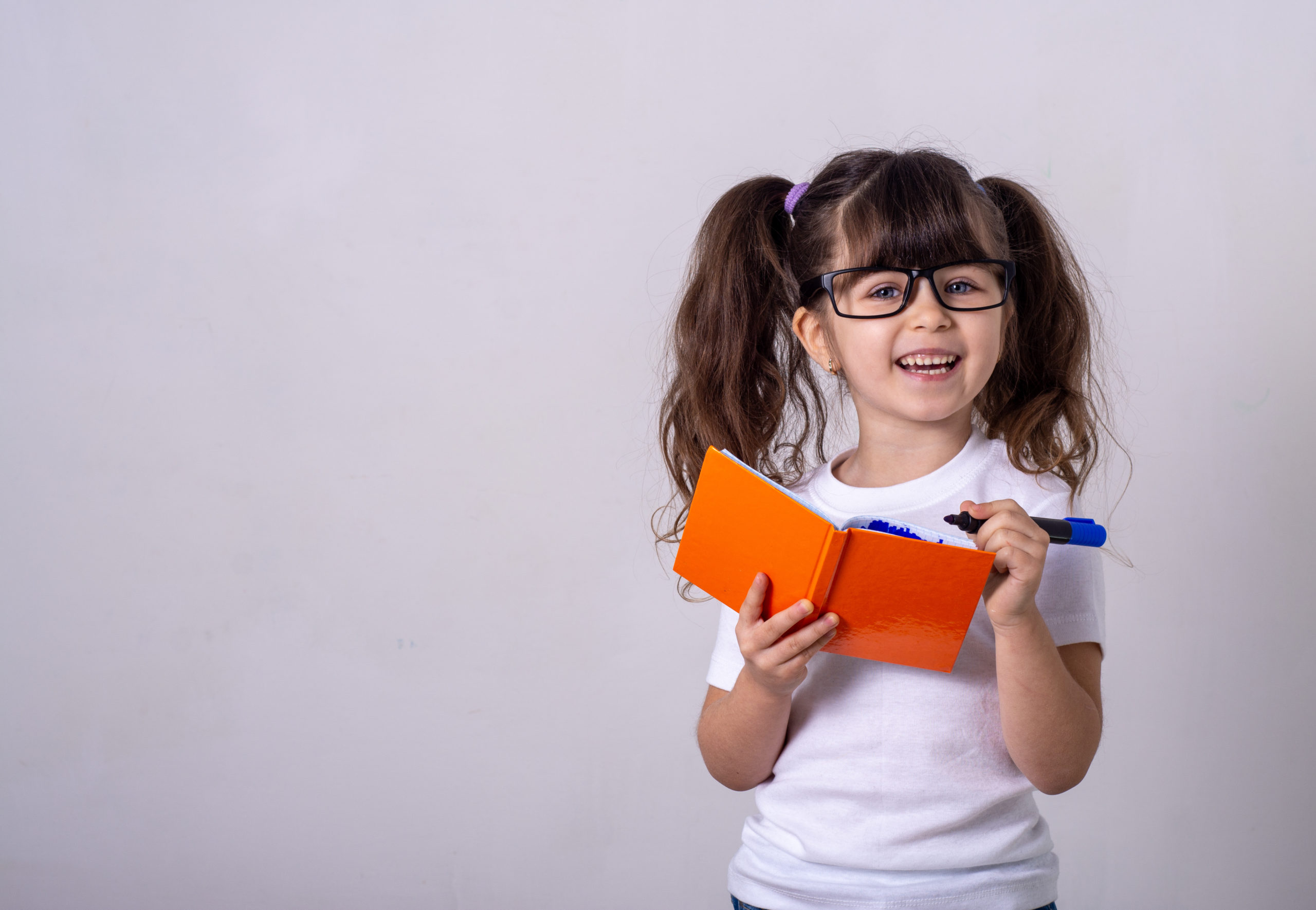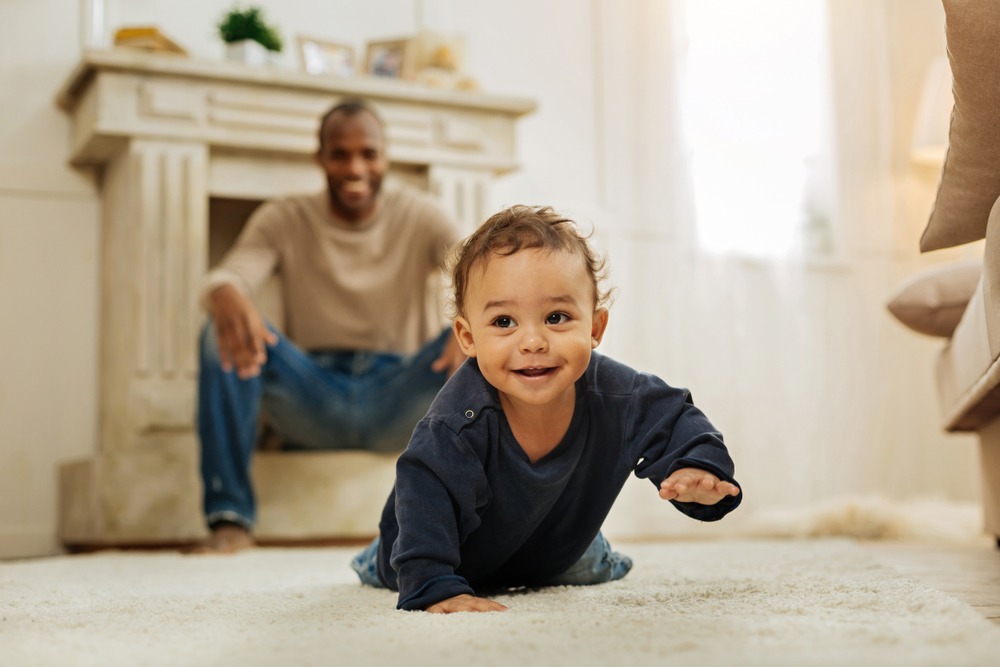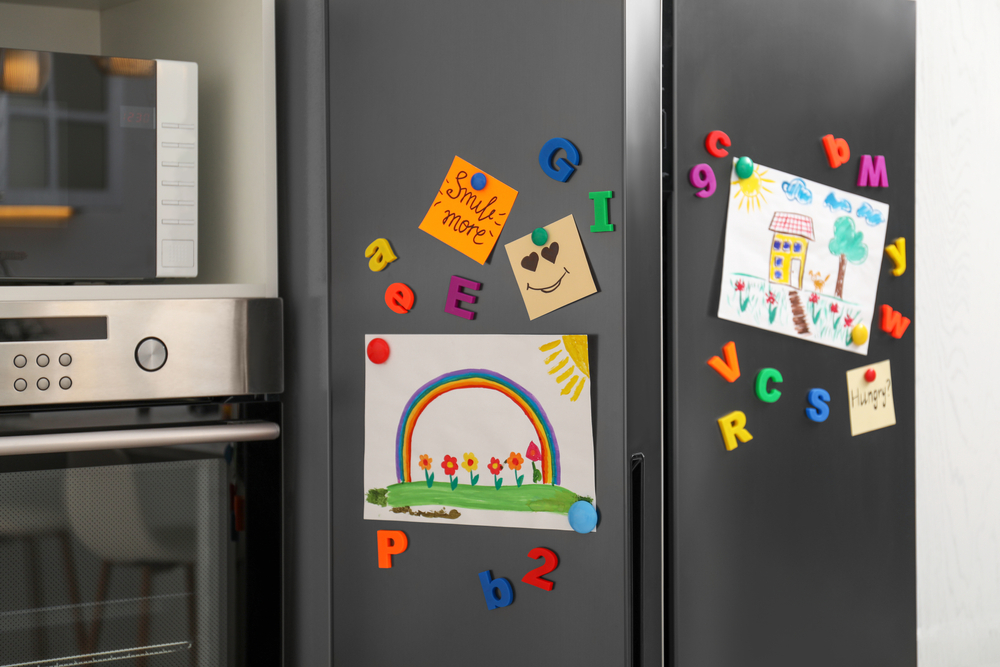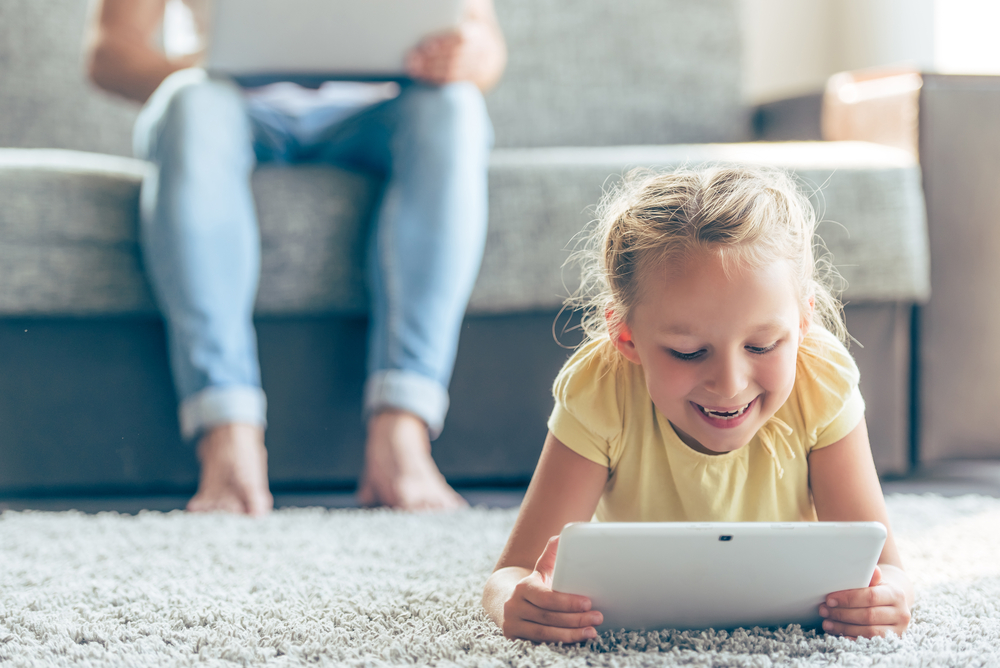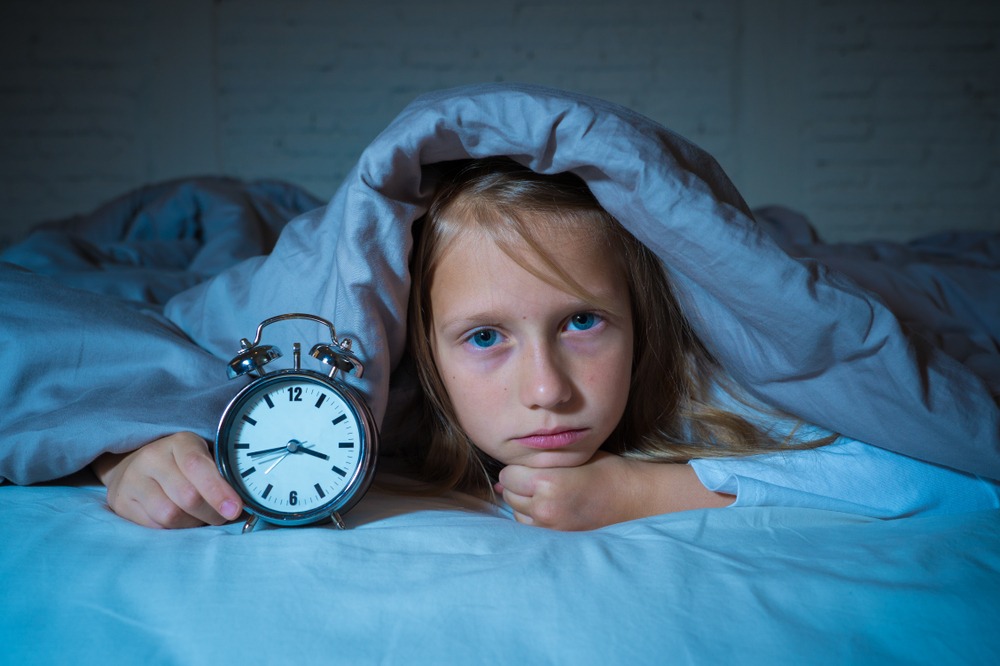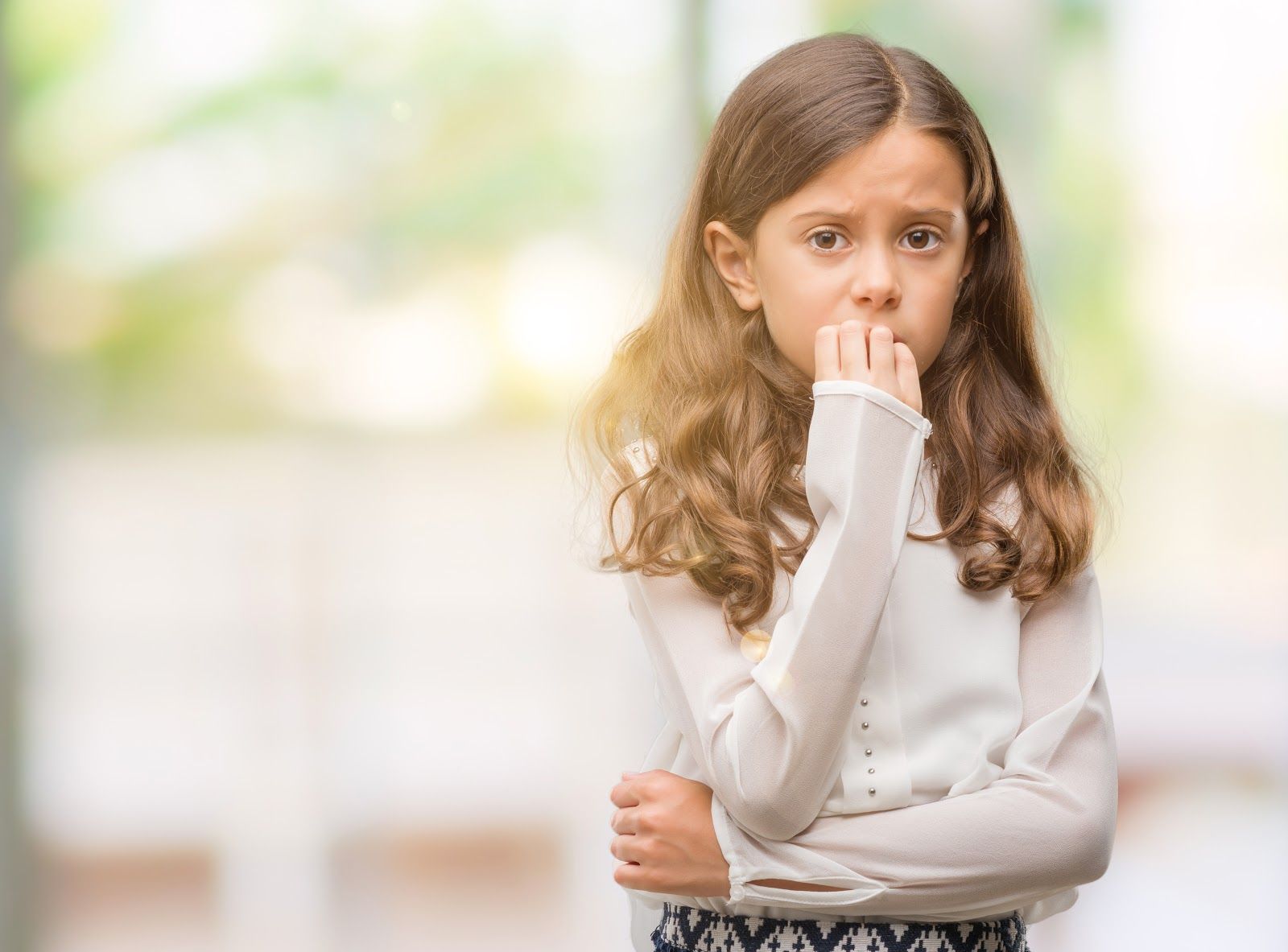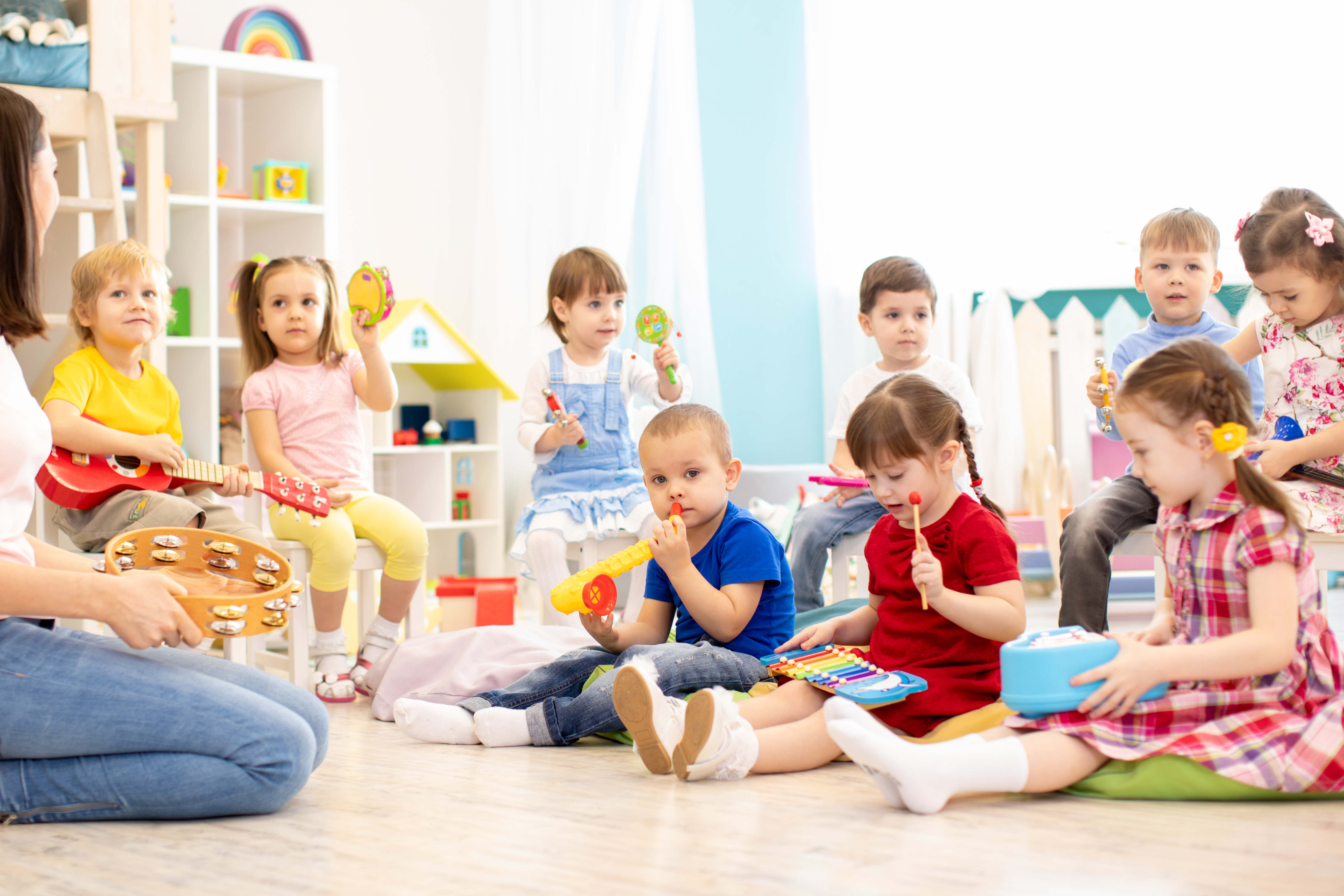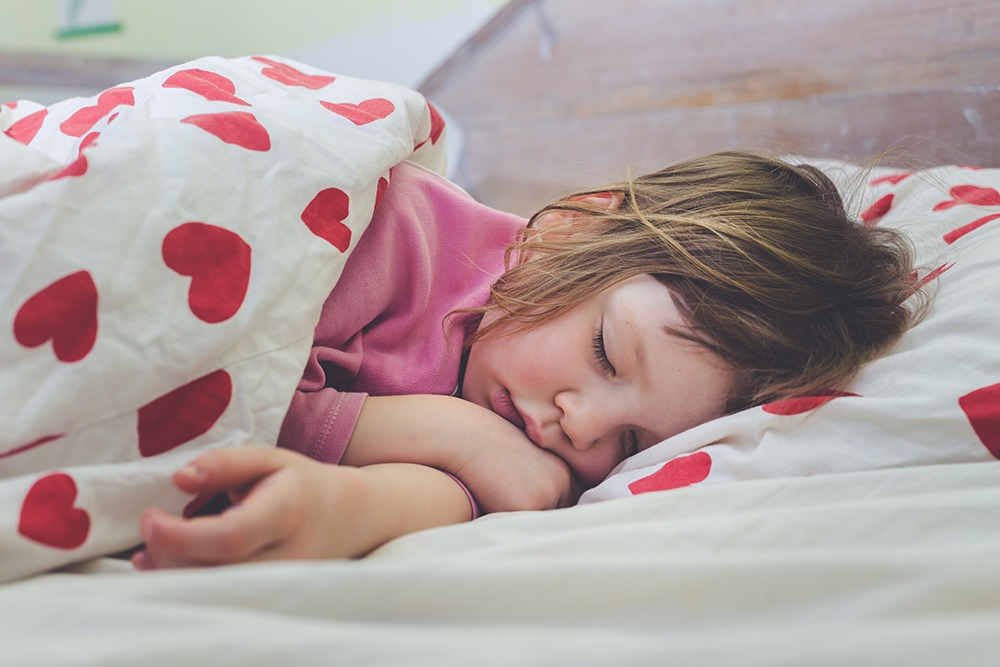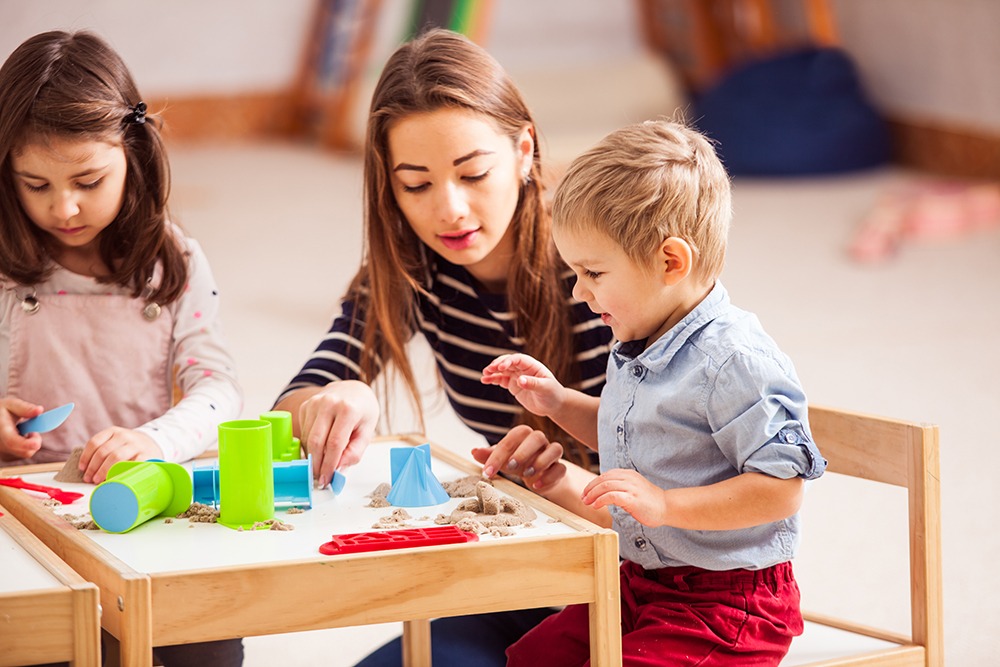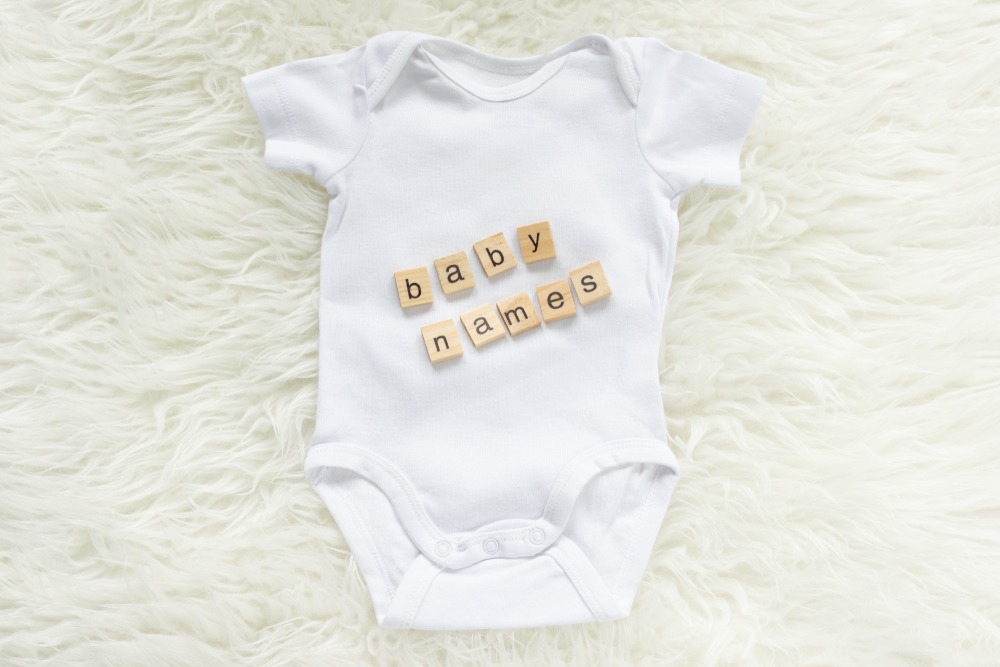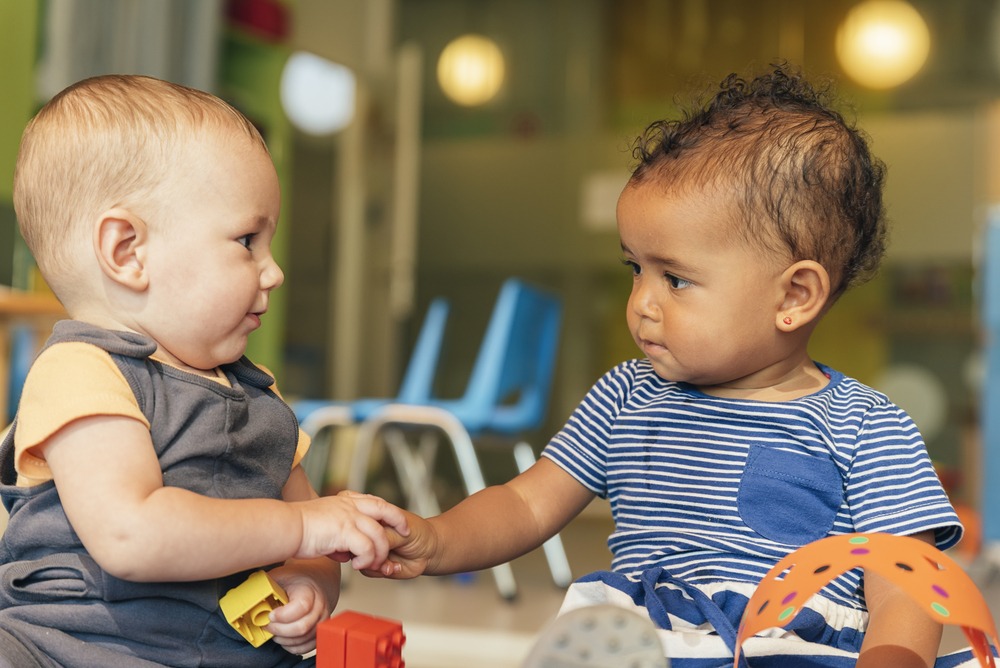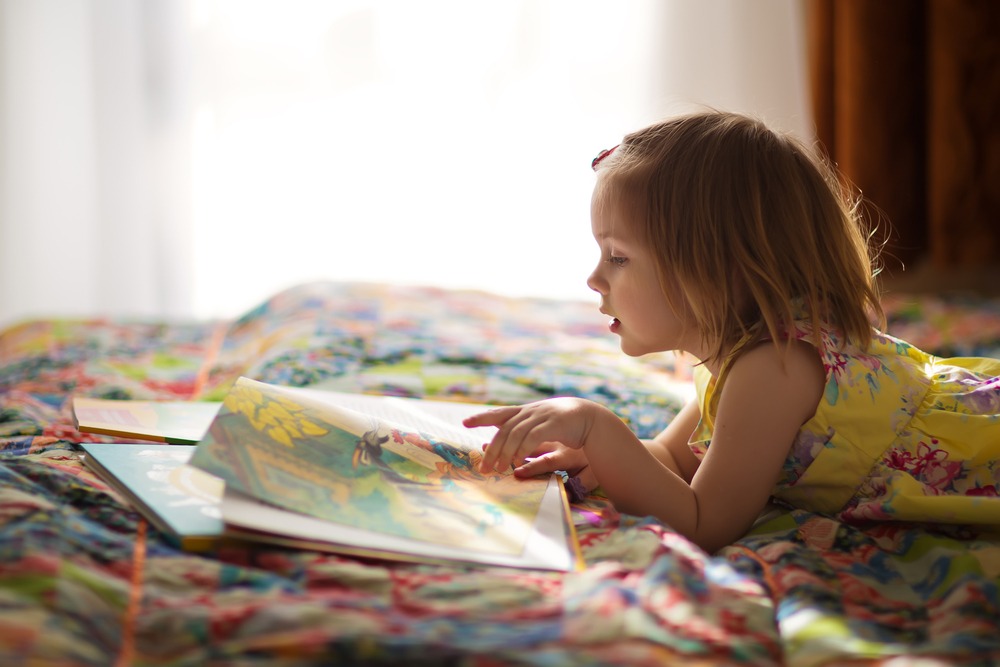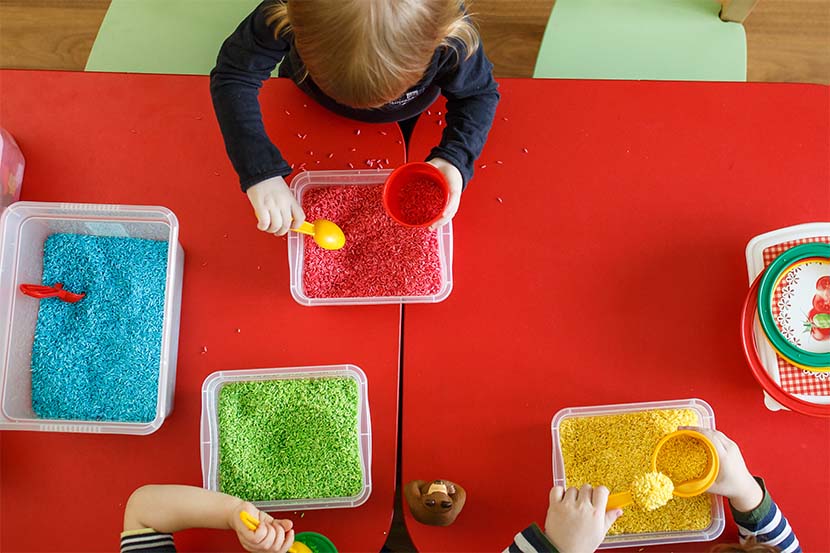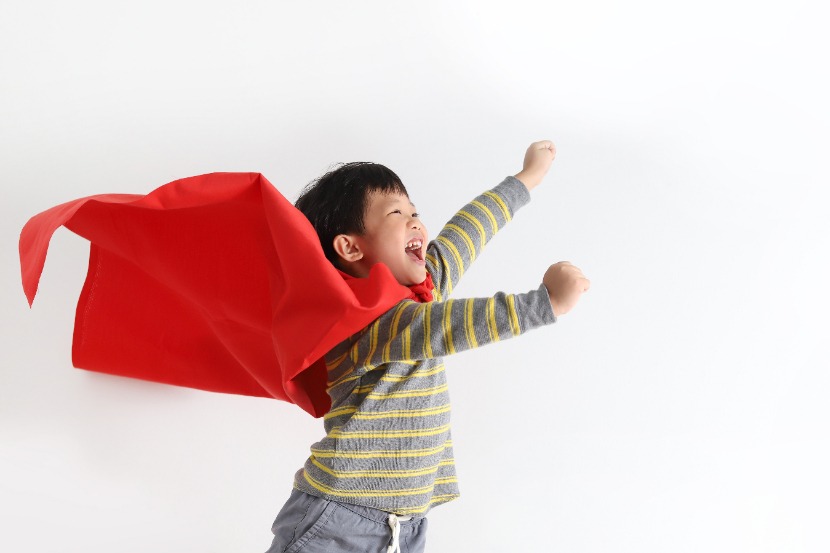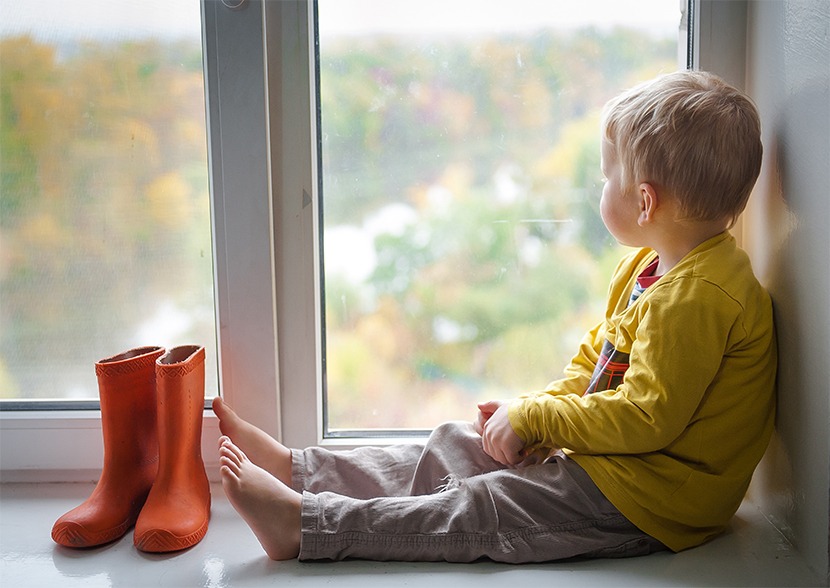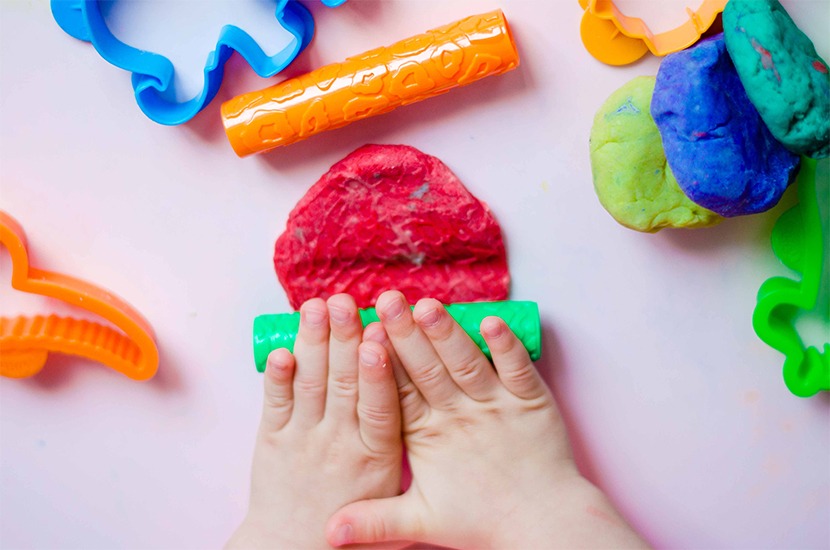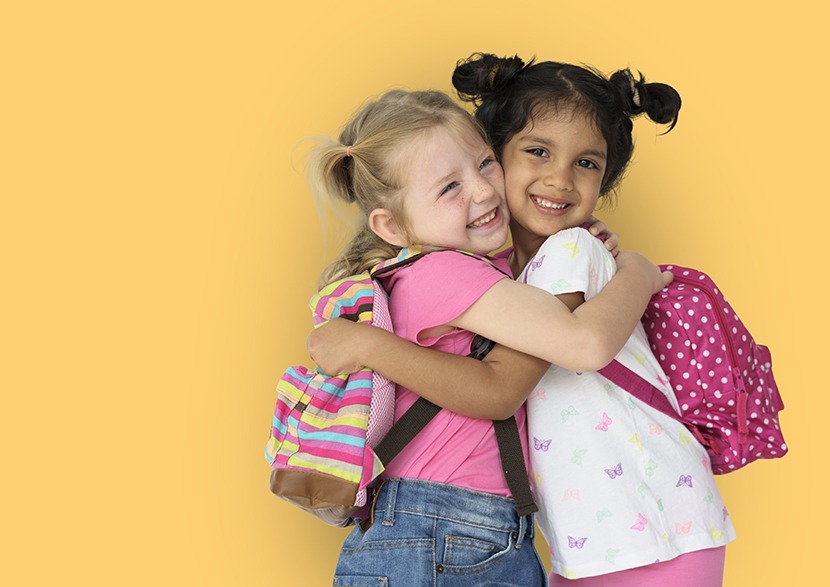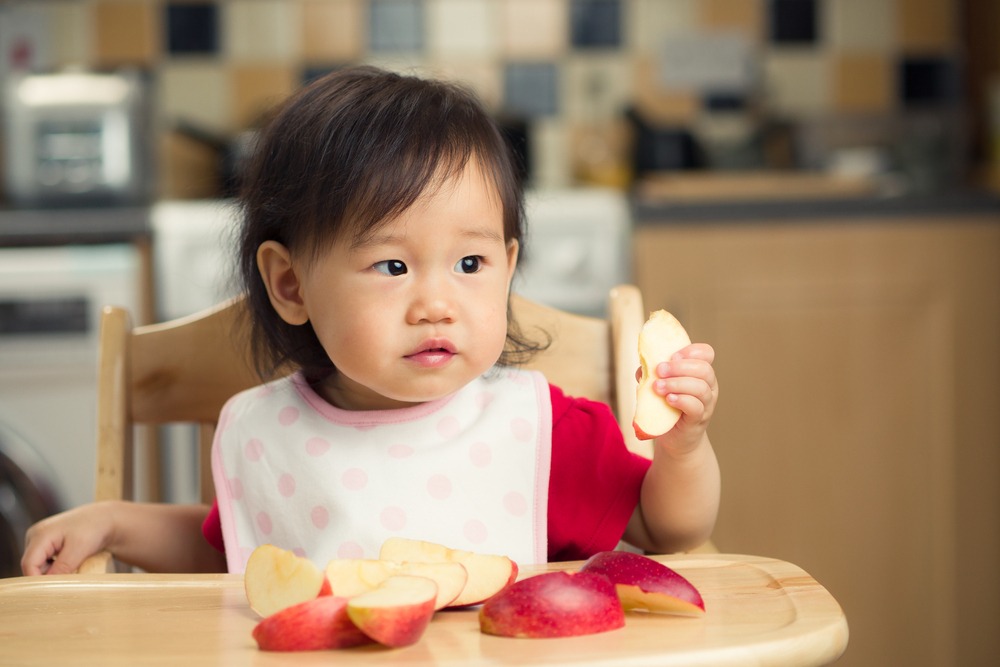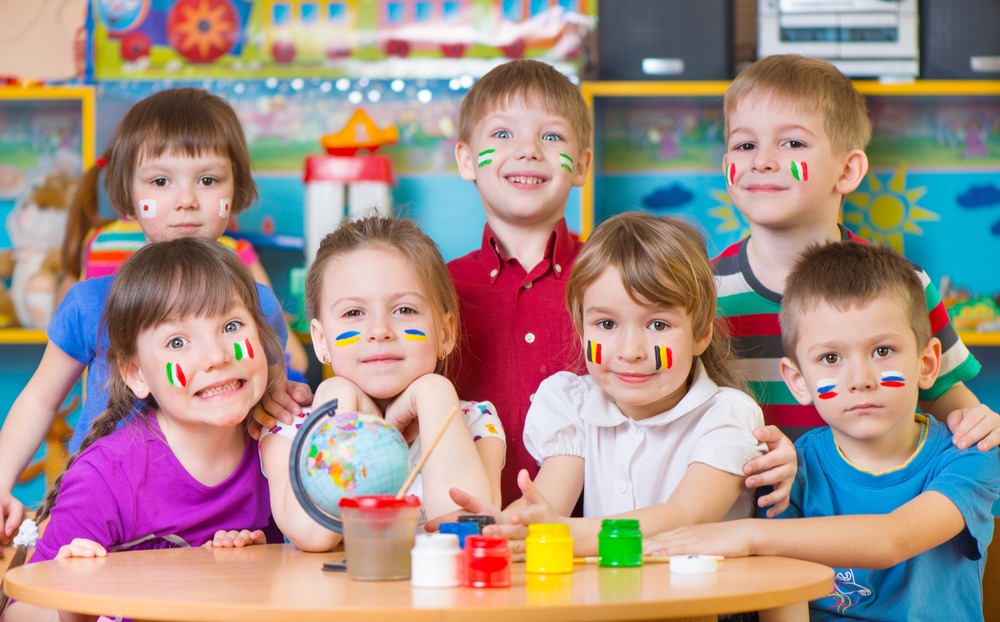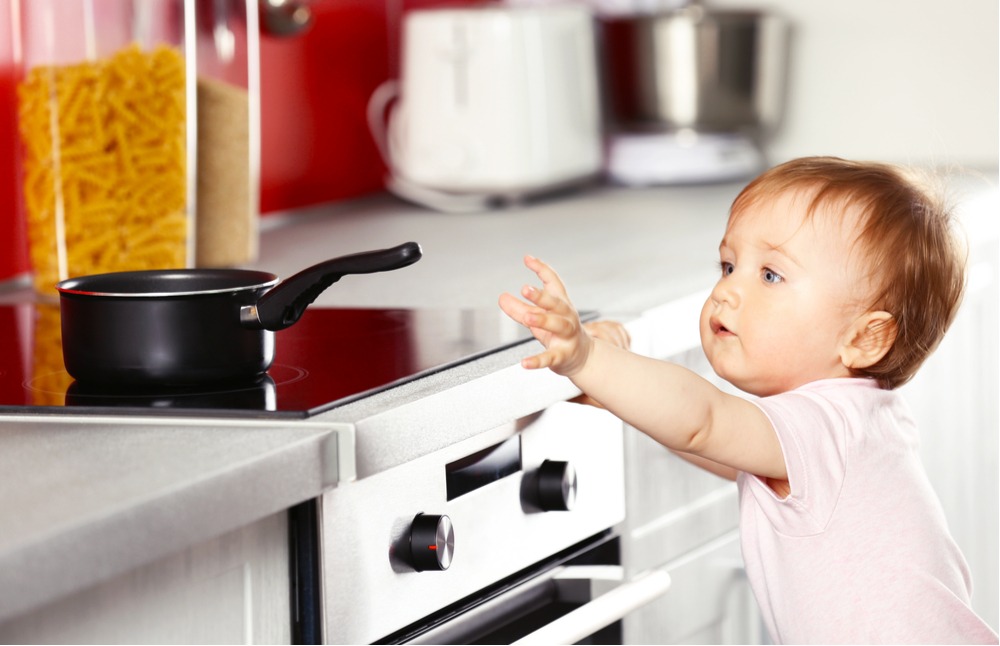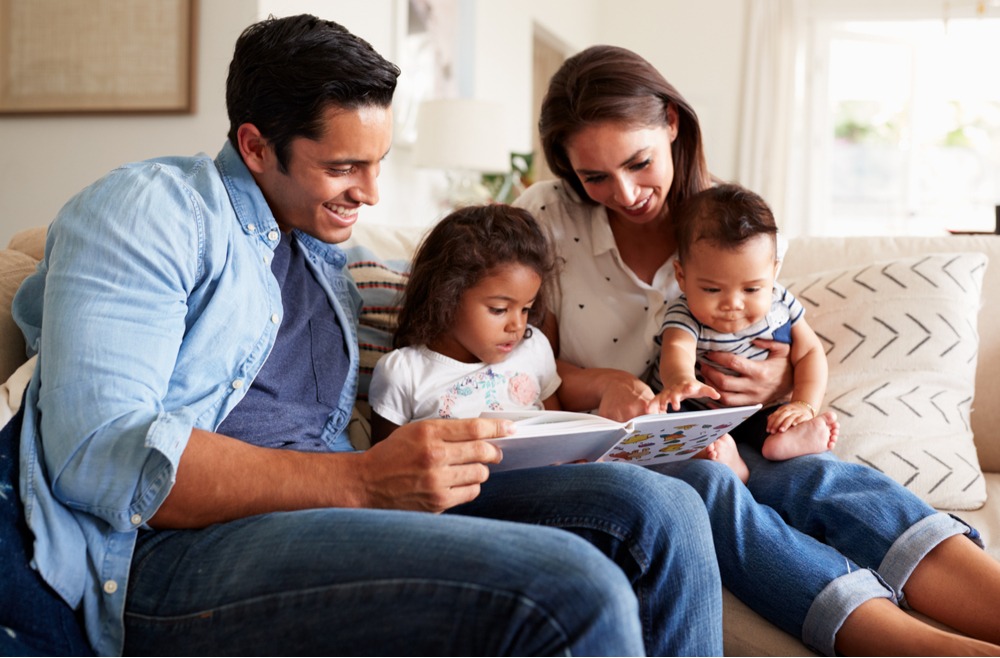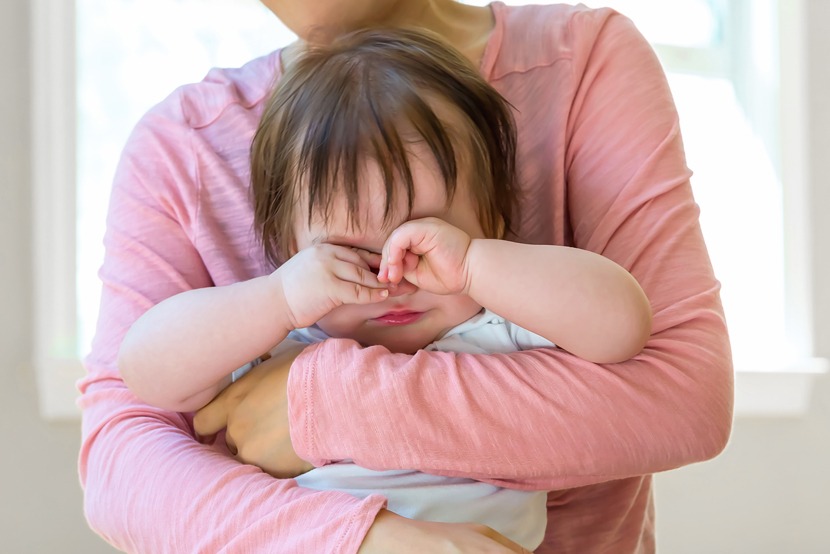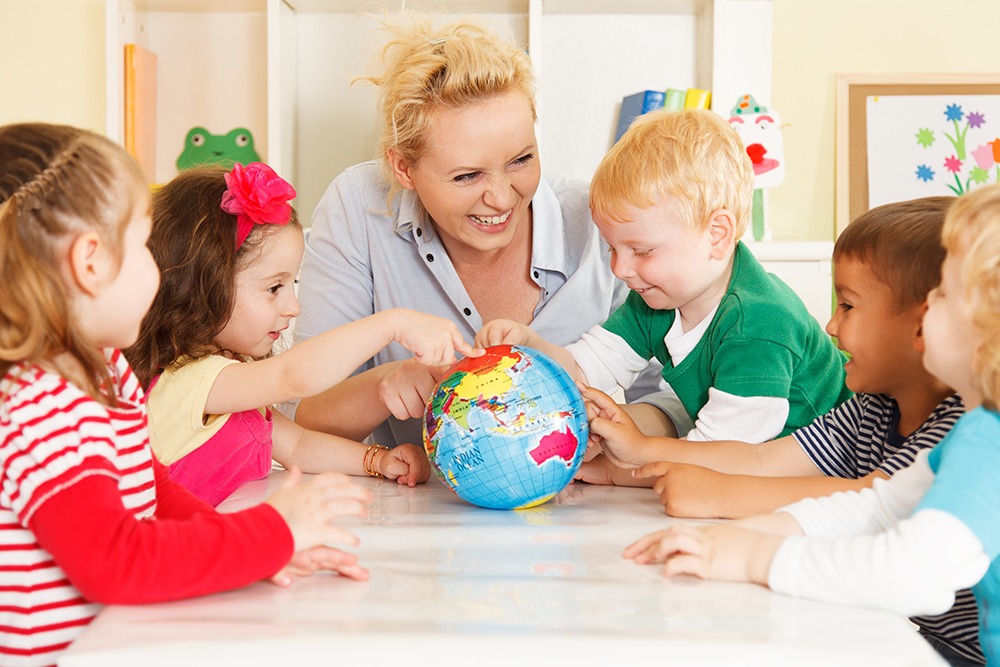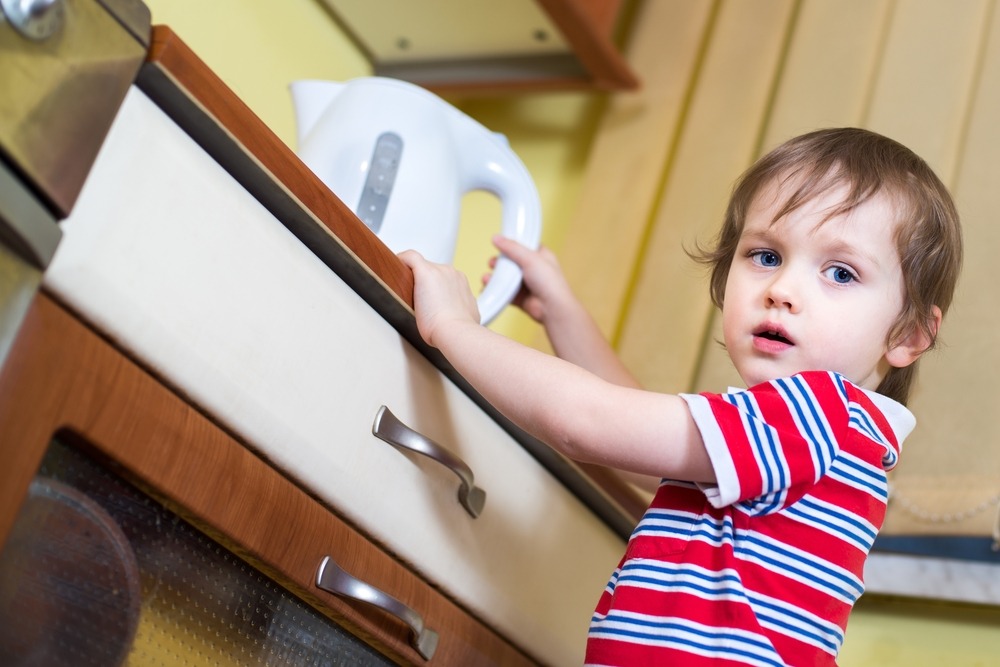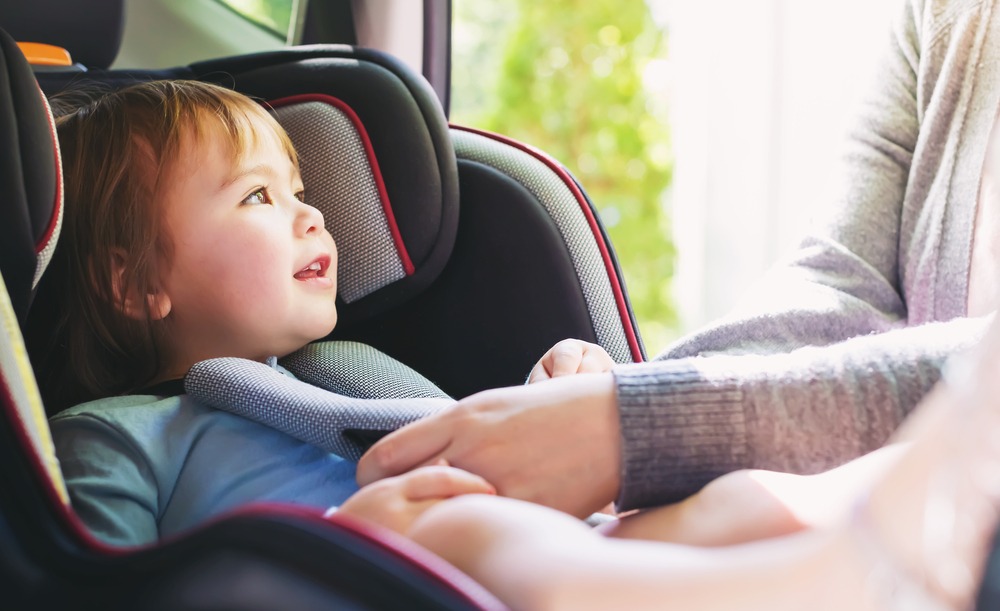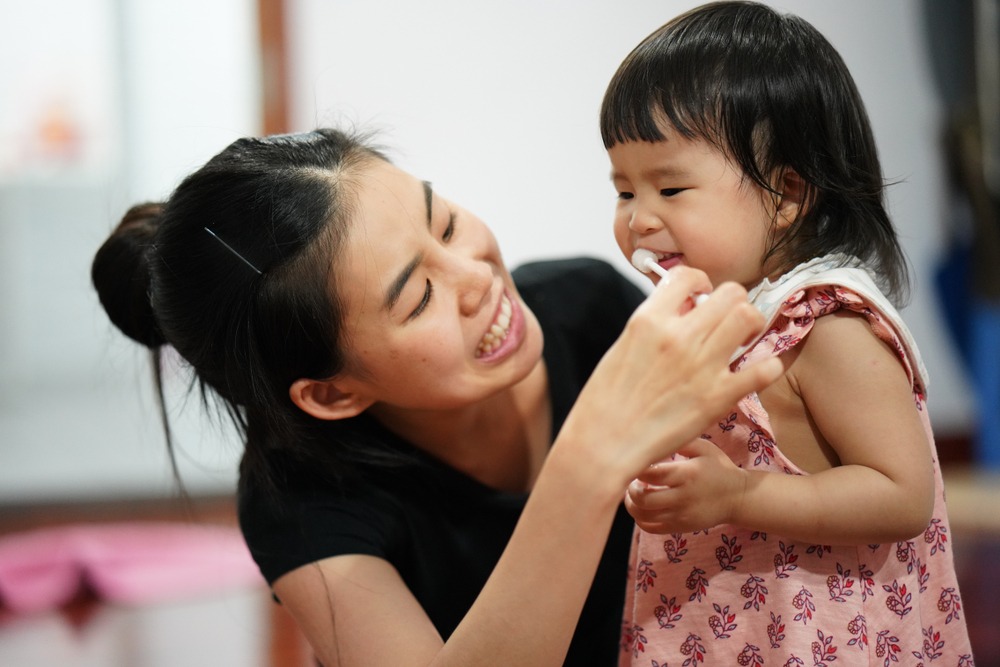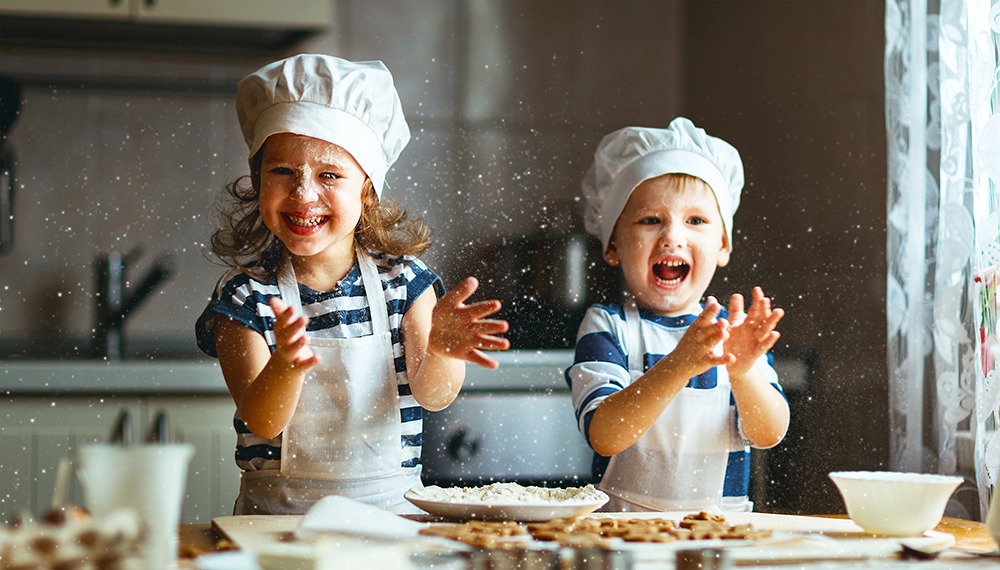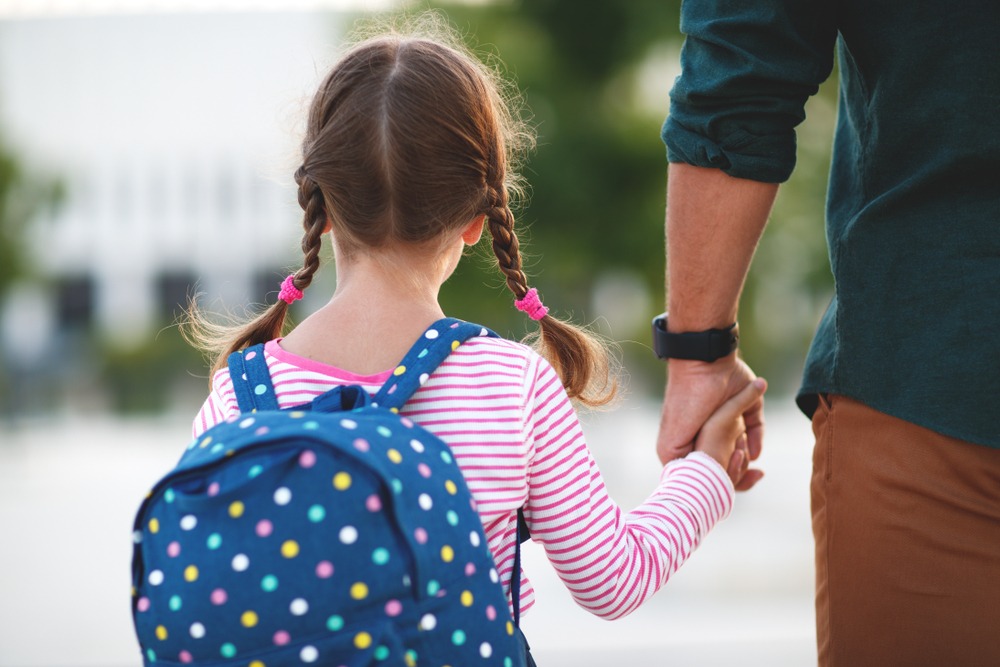
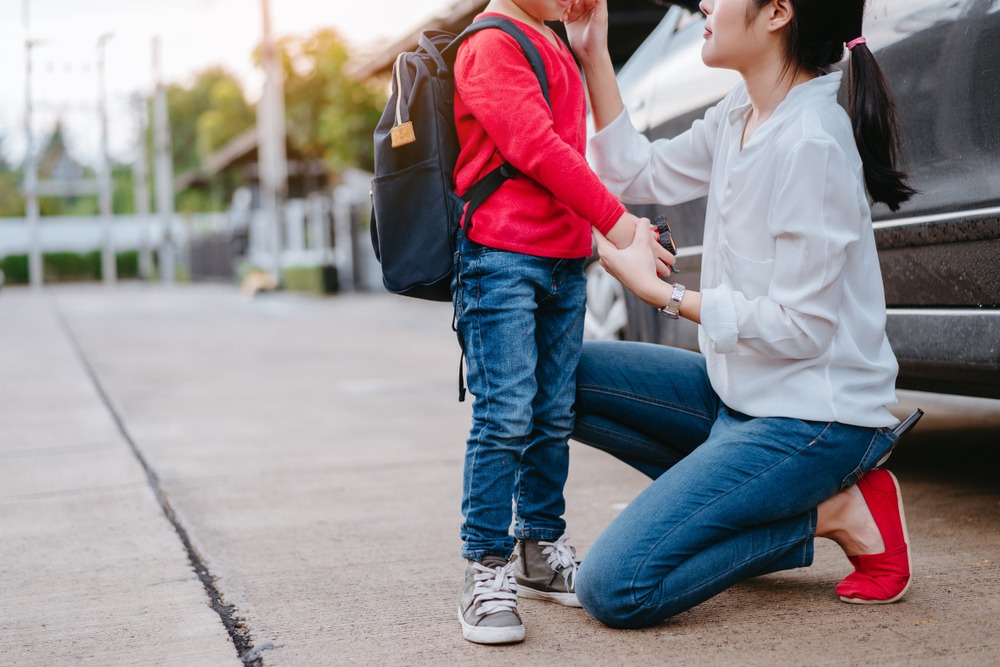
Separation anxiety varies wildly between children. For example, some babies become hysterical as soon as mum is out of sight – and many reading this will agree that for an infant, that’s quite normal. Many preschool and kindergarten aged children, however, may suffer from a case of the morning drop off blues – making it hard for mum or dad to leave, and even harder for the little ones to start their day.
You could suggest that parents suffer almost as much as our kids when we leave. After all, no one wants to say goodbye to someone they love. Even though we are often reminded that our children stop crying minutes after we leave, it can still pose feelings of guilt, and questions like “am I doing it all wrong?”
The answer, of course, is no! Separation anxiety is entirely normal behaviour and a beautiful symbol of meaningful attachment between parent and child. But if not managed correctly, separation anxiety can become distressing. The trick to surviving it? It’s all about preparation, creating rituals, and transition.
The first place to start is to create a goodbye ritual. Even if you have to do triple kisses, a secret handshake, or a perfect number of hugs, this will help your child feel comfortable and safe because they’ll recognise what’s coming. Consistency is the key here, so try to drop them off and pick them up at the same time each day.
Don’t linger in the sad feelings of separation and keep the goodbye short and sweet. Sometimes giving them a task to complete by the time you see them again can help them keep on track – i.e., “count the number of kids in red shirts at kindy”. Or you could try asking them for some art: “Can you draw Mum and Dad a picture of a farm for the fridge today?”
It’s important to also express to your child how long you will be away in terms that they’ll actually understand. Instead of saying “I’ll be back in 6 hours”, tell them: “I’ll be here to pick you up after afternoon tea” or “it’s time to go home after you’ve had your nap”. Defining time that they can understand will help them feel safe and validated by knowing that you will eventually return, and you will both reunite.
If you’re still struggling helping your child adjust to time apart, try increasing their separation. It may sound like a strange resolution, but the more they’re required to spend time away from you, the easier it will become. For example, try seeing if they can spend the night with their grandparents, or an aunt and uncle. Even leaving them with a friend for an hour a couple of times a week will help them adjust healthily and regularly to being without you – and might even provide some enjoyable downtime for mum and dad, too!
It’s never easy to say goodbye to your child. Remember, separation anxiety is totally normal and expected for young children, especially those adapting to changes like school, or early education.
We’re well educated on childhood issues like separation anxiety at Cubby Care and understand that children need the kindest kind of care. If you’re interested in finding out more about how we can help your children develop and grow, contact us here!


